Cockatiel Parrot Eggs For Sale
$40.00
Cockatiel parrots are popular pets known for their friendly and affectionate nature. If you have a pair of cockatiels and are looking to breed them, or if your female cockatiel has laid eggs, here are some important points to consider about cockatiel eggs:
Breeding and Egg Laying
1. Age and Health: Ensure both the male and female cockatiels are at least 18 months old and in good health before breeding.
2. Nesting Box: Provide a suitable nesting box inside the cage. This box should be of appropriate size (about 10×12 inches) and lined with safe nesting material such as wood shavings.
3. Diet: A nutritious diet is crucial. Include a variety of seeds, fresh fruits, vegetables, and calcium supplements to support the female during egg production.
Egg Laying
1. Clutch Size: A typical clutch consists of 4 to 6 eggs.
2. Laying Interval: Cockatiels generally lay one egg every other day until the clutch is complete.
3. Incubation: The female usually starts incubating after laying the second egg. Both parents may take turns sitting on the eggs. Incubation lasts about 18-21 days.
Caring for Eggs
1. Candling: To check if the eggs are fertile, you can use a process called candling. Hold a small flashlight against the egg in a dark room to see inside. Fertile eggs will show blood vessels and embryo development.
2. Handling: Minimize handling the eggs to avoid any potential harm. If necessary, wash your hands thoroughly to avoid transferring oils or contaminants.
Hatchling Care
1. Hatching: After the incubation period, the chicks will start to pip, breaking through the shell. This process can take up to 24 hours.
2. Feeding: Parents usually feed the chicks. If you need to intervene, use a special hand-feeding formula for baby birds.
3. Weaning: Chicks typically start to wean at about 8 weeks old, gradually eating solid food on their own.
Potential Issues
1. Egg Binding: A serious condition where a female cannot pass an egg. Symptoms include lethargy, swollen abdomen, and straining. Immediate veterinary care is necessary.
2. Infertility: Not all eggs may be fertile, especially if the pair is inexperienced or if there are health issues.
Legal and Ethical Considerations
1. Permits: In some regions, breeding birds may require special permits. Ensure you comply with local regulations.
2. Responsibility: Breeding birds is a significant responsibility. Make sure you are prepared to care for the chicks or find suitable homes for them.
By providing proper care and attention, you can help ensure a successful breeding experience and healthy chicks. If you encounter any issues or have concerns, consulting with an avian veterinarian can provide additional guidance and support.
Fertile Cockatiel Eggs For Sale
Eggs comes with hatching incubator hand booklet.
Sales contract document.
We sell all our eggs, Only when the eggs are 7 days old.
All Eggs available now.
Our shipping and delivery is 100% safe and guaranteed.
Description
Cockatiel Parrot Eggs For Sale
Cockatiel Eggs For sale. We are specialized in the breeding of birds/parrots and we sell very fertile candle lit eggs of all species of parrots. all our eggs are collected from very healthy birds in our aviary, candle tested and 100% confirmed fertile for hatching healthy babies. we are now taking orders from those who are interested in raising up their own baby birds from the eggs stage. its fun hatching your own baby(ies) from eggs and we will assist you in any way to hatch out your birds successfully.
Cockatiels (Nymphicus hollandicus), have the characteristic features of parrots: a curved hookbill and zygodactyl feet (two toes pointing forward and two pointing backward). These small parrots are native to Australia, and are closely related to cockatoos.
Common Name: Grey Cockatiel
Scientific Name: Nymphicus hollandicus
Origin: Australia
Life Span: up to 20 years in captivity
Size: 12 to 13 in
Gender: DNA Required for accuracy
Clutch Size: 5-7 eggs
Incubation: 23 days
Talking Ability: low to None
Description: The normal gray cockatiel (Nymphicus hollandicus), also known as the quarrion and the weiro, is a bird that is a member of the cockatoo family endemic to Australia. They are prized as household pets and companion parrots throughout the world and are relatively easy to breed. As a caged bird, cockatiels are second in popularity only to the budgerigar.
Feeding: Cockatiels are grass eaters, in the wild they forage on the ground for grasses and seeds. In captivity we feed them a commercial Cockatiel Plus Mix, California Spray Millet Any fruit and vegetable that comes available. I feed my birds, apples, celery, kale, romaine lettuce, egg food and plenty hemp seed when cold weather or breeding season.
Breeding: cockatiels are relatively easy breeders, once they decide to breed, they breed. They are not picky about nesting boxes. We personally use English nesting box for easy inspection. Cockatiels are not jealous to be check when they have chicks, We can peak at their babies with the female not even moving from the nest.
Breeding season for the cockatiels tends to occur in spring time here in California. We have some pair that will breed year around.
In addition to these visible characteristics, the vocalization of adult males is typically louder and more complex than that of females.

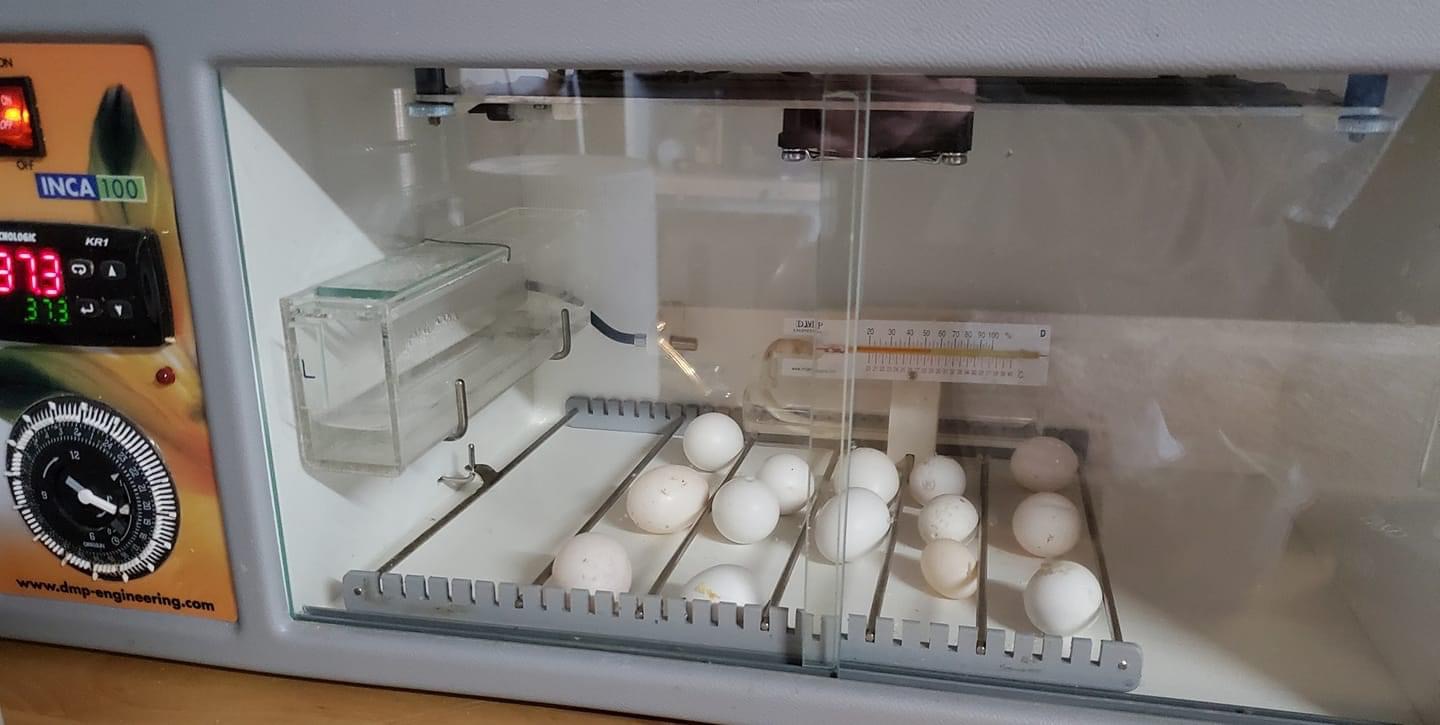
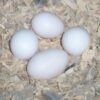
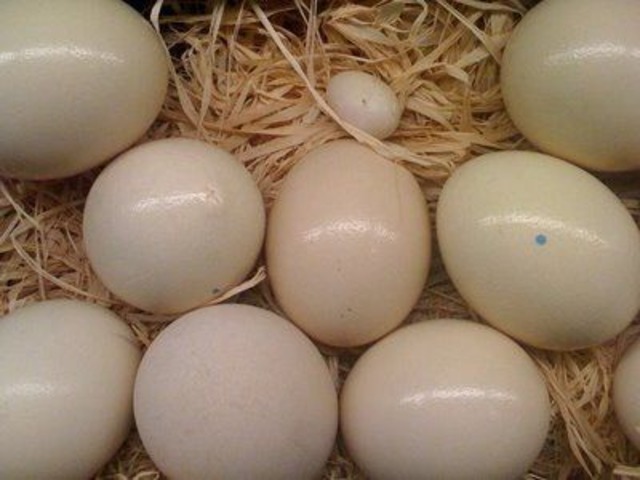
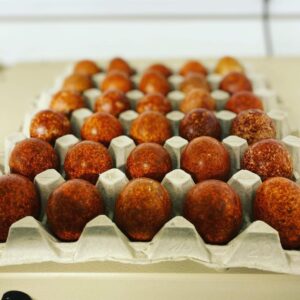
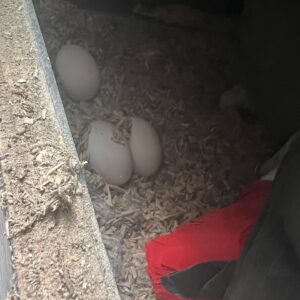
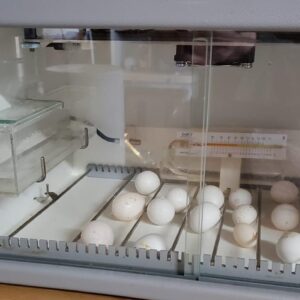
Reviews
There are no reviews yet.